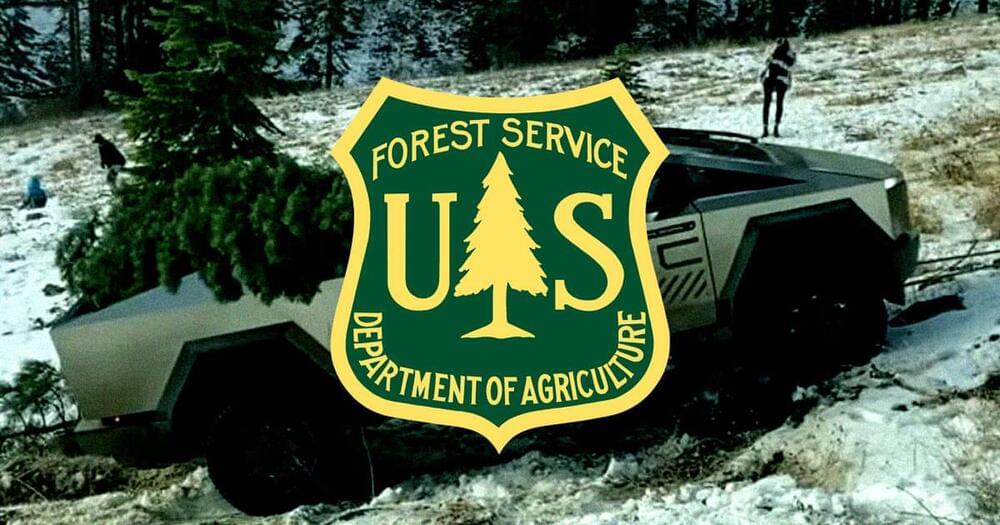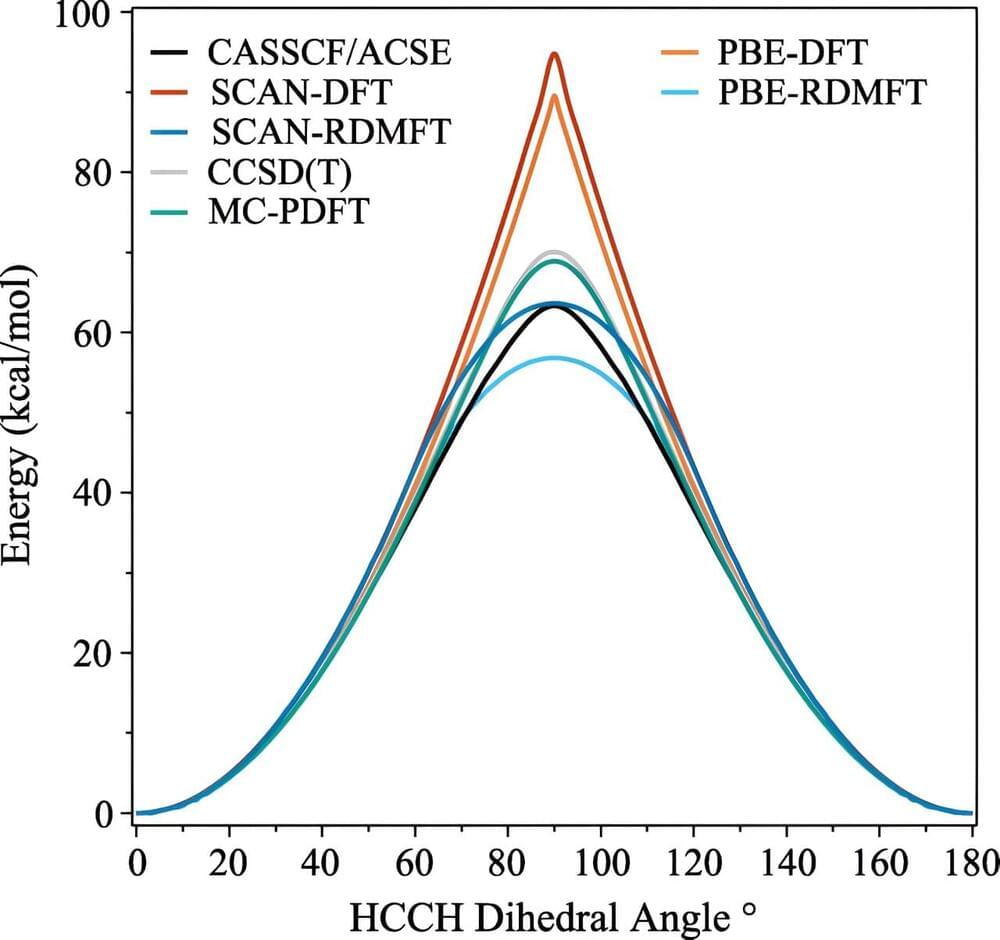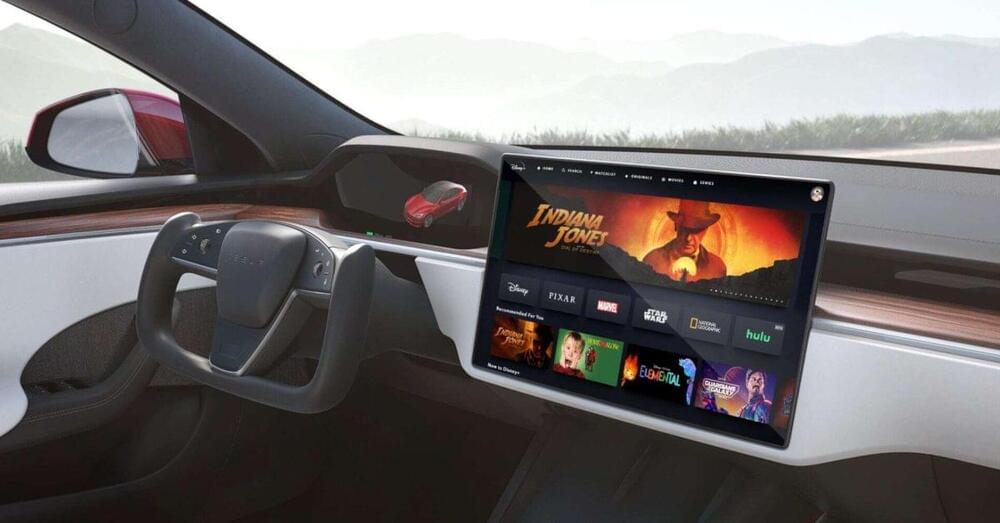Summary: A novel aircraft design pioneered by startup Natilus could dramatically alter the cargo transportation industry, offering larger capacities, reduced emissions, and futuristic remote control options.
In the field of aviation technology, a groundbreaking blended-wing robotic aircraft presents a future where efficient and sustainable cargo planes are the norm. The company pioneering this effort, Natilus, has built a model that harmonizes ecological concerns with the need for faster and cost-effective transportation.
Drawing from the source article, the unconventional plane differs from traditional airliners with its distinct diamond-shaped body that facilitates a more spacious cargo hold. This design enables up to 60 percent more cargo to be carried compared to the current models in use. Furthermore, it notably claims to cut carbon emissions by half, a crucial development for an industry under increasing pressure to become more environmentally friendly.








